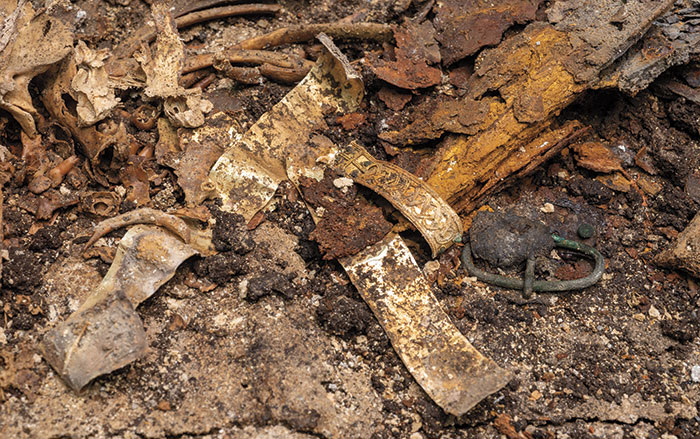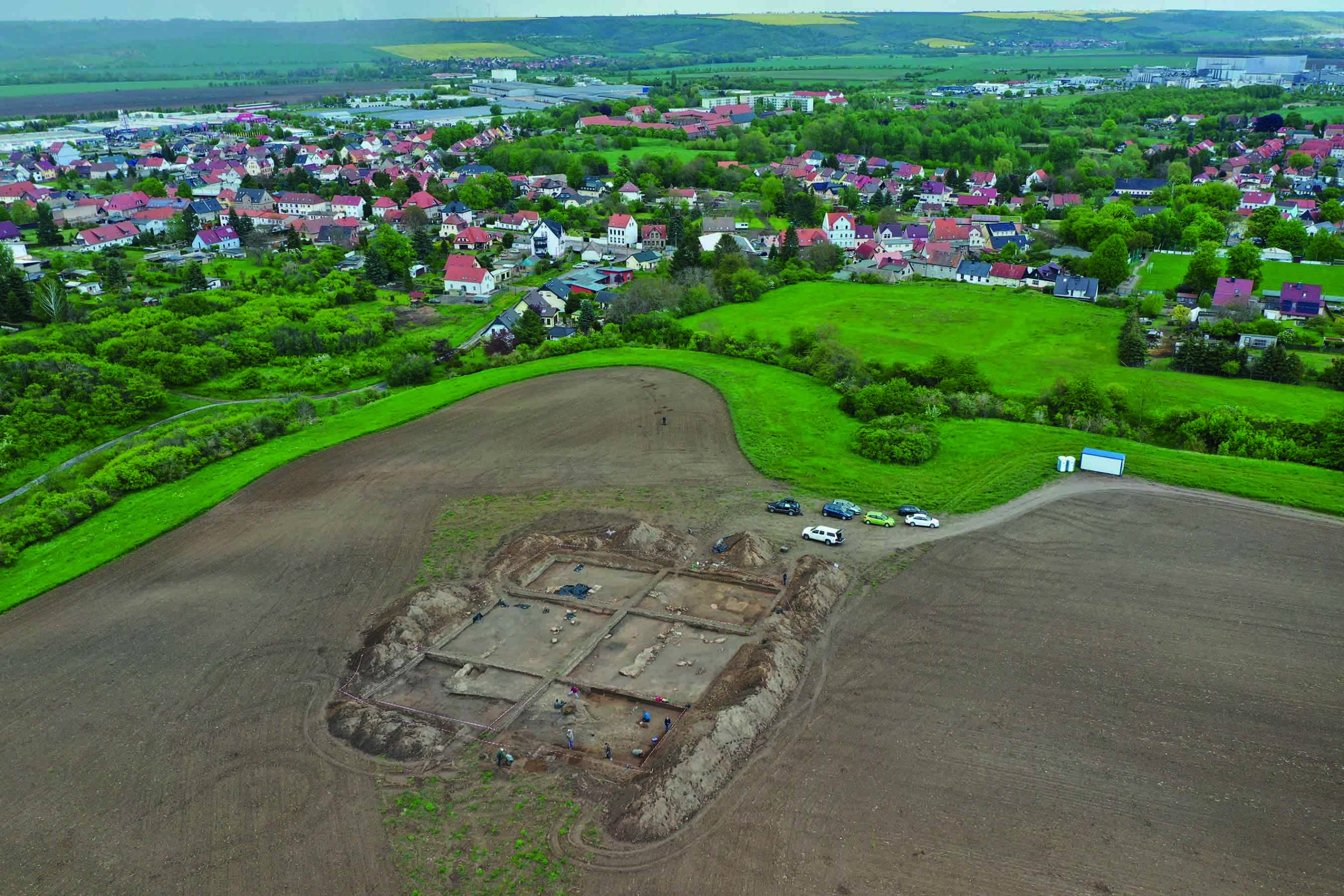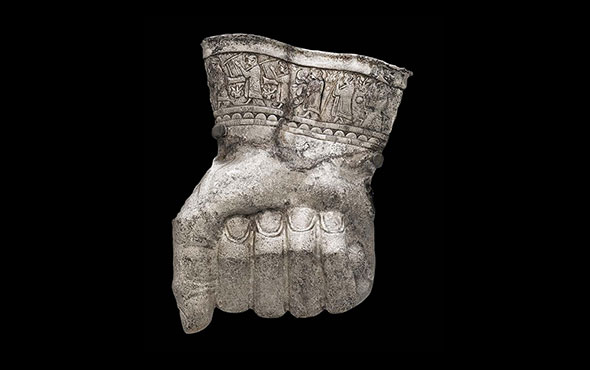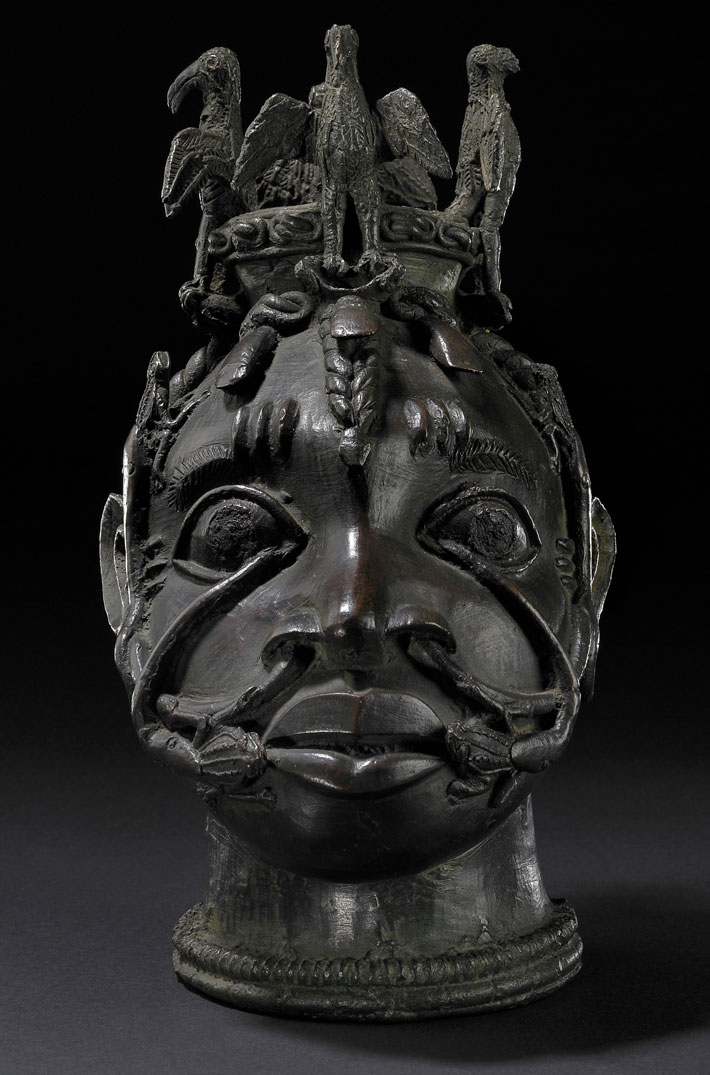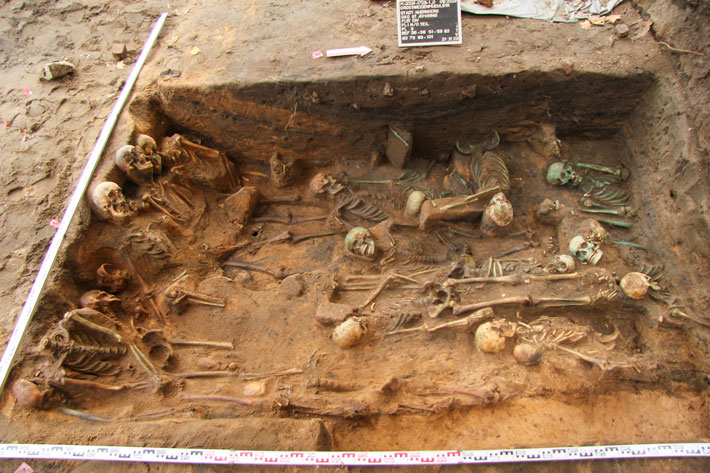
NUREMBERG, GERMANY—According to a CNN report, eight plague pits estimated to hold the remains of more than 1,500 people were discovered in southern Germany during an investigation conducted ahead of a construction project. Plague outbreaks are known to have occurred in Nuremberg roughly every 10 years, beginning in the fourteenth century. Radiocarbon dating of one of the pits indicates that it was in use between the late fifteenth century and early seventeenth century, while early seventeenth century pottery and coins were also recovered, said Melanie Langbein of Nuremberg’s Department for Heritage Conservation. Meanwhile, historic records show that a plague outbreak killed more than 15,000 people in Nuremberg in 1632 and 1633, resulting in the burial of more than 2,000 people in the area where the excavation is being conducted. Dire conditions brought about by the Thirty Years' War, fought from 1618 to 1648, likely made this particular plague outbreak more deadly, and required the use of plague pits to accommodate the dead, Langbein added. “Those people were not interred in a regular cemetery although we have designated plague cemeteries in Nuremberg,” she explained. To read about a mass grave of soldiers who died during the Thirty Years' War Battle of Lützen in 1632, go to "Last Stand of the Blue Brigade."


